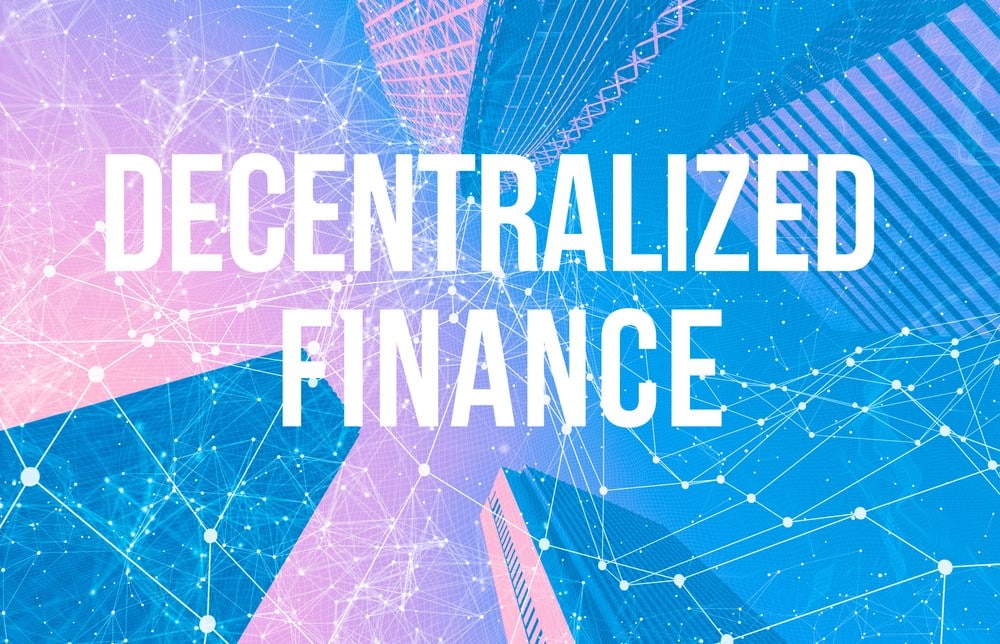
What’s a Decentralized Autonomous Organization (DAO)?
Decentralized autonomous organizations, popularly known as DAOs, are transforming how companies operate. These organizations are replacing the traditional bureaucracy with flat management structures controlled by crypto holders.
What’s a DAO?
A DAO is simply an organization where power is distributed across all participants rather than being built on a hierarchical basis.
How does a DAO work?
A community can program a DAO according to its specific goals.
First, the DAO developer writes code in the form of smart contracts to provide a governance mechanism. And then, a governance token is launched to enable members to vote on proposals made by the DAO, like fund allocation. Usually, the impact of the member’s vote depends on the number of tokens they hold.
What advantages Do DAOs Have?
Transparency: With DAOs, anyone can view the voting process and other actions.
More firepower: Unlike traditional companies, DAOs allow all members to contribute to the organization’s governance.
Collaborative: Allowing everyone to contribute enables DAOs to pool mass knowledge for a certain proposal.
What Disadvantages Do DAOs Have?
Flat Structure: By not having a chain of command, DAOs tend to be slow to operate, as it may take longer for a decision to be made.
Disagreements: Constant disputes in a DAO are likely to split the organization.
Legality: It is possible that crypto regulators can deem the governance tokens as unregistered securities.
DAOs Come in All Shapes and Sizes
Crypto projects: They are considered DAOs in case they’re controlled by decentralized governance, where crypto holders have the right to vote on various proposals. A good example is MakerDAO.
Grant funding: DAOs can be adopted to award development funds as per set criteria. For example, MolochDAO.
Investment: For-profit DAOs can be established to distribute shares along with other assets to members. MetaCartel Ventures is one of those organizations.
What was “The DAO”?
The DAO was one of the earliest DAOs to be developed. It was built on the Ethereum blockchain by Slock to raise funds for crypto projects. Entrepreneurs would pitch their project ideas, and then members would use their tokens to vote on projects they wish to grant funding. But the DAO encountered an attack in June 2016, which caused losses of up to $70 million, forcing it to cease operations.
The attack, however, did not deter developers from creating more DAOs. Today, projects like DAOHaus, DAOstack, and Aragon are building and running DAOs for some of the biggest decentralized finance protocols.
The Future of DAOs
With growing interest in DAOs, developers are working to improve governance mechanisms while employing various technical innovations.
DAOs have been largely adopted in the creative industry but appear to have a centralization element. For example, while filmmaking DAO Decentralized Pictures lets token holders vote for a film project they want to win funding, a board of judges usually makes the final decision.
Along with creative DAOs, investment DAOs have also sprung up, allowing token holders to vote on projects to invest in. One of them is the Neptune DAO, which aims to provide venture capital funding to various Web3 projects. Another notable investment DAO is the PleaseDAO, which focuses on buying high-value items like NFTs.
This DAO has a multi-million dollar collection featuring NFTs like the origin Doge meme worth roughly $4 million and Edward Snowden’s NFT worth $5.5 million.




